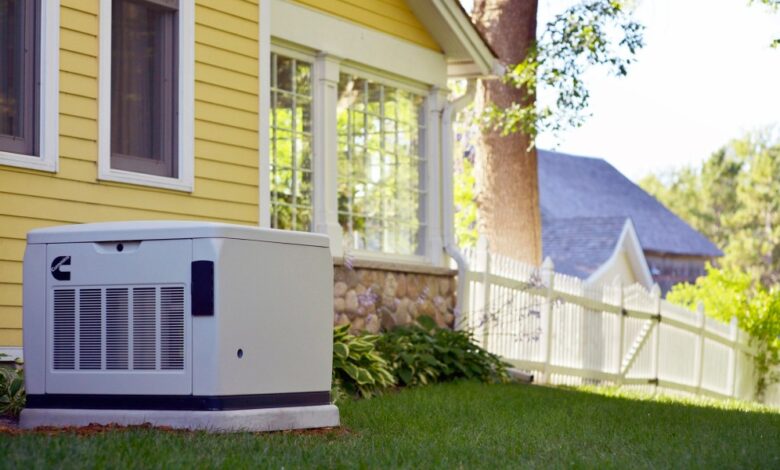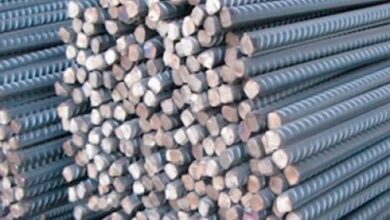Ensure Continuous Power for Your Homeô

Imagine a situation where a storm rolls in, cutting off your homeãs power supply. The lights go dark, your refrigerator stops humming, and you lose access to important news and updates. It can feel unsettling. Now, what if I told you thereãs an easy solution?
A backup generator can ensure continuous power during these unexpected outages, keeping your home comfortable and safe.
What is a Backup Generator?
A backup generator is a device that provides electricity when your primary power source, such as your utility company, fails. Simply put, itãs like a safety net.
When the power goes out, the backup generator kicks in, allowing you to keep running essential appliances like your refrigerator, heating or cooling systems, and lights. Depending on the type of generator you choose, it can power your entire home or just specific appliances.
Why Should You Consider a Backup Generator?
Having a backup generator is not just about comfort; itãs also about safety and convenience. Here are a few reasons why investing in a backup generator is a wise decision:
Outages can happen unexpectedly. Natural disasters, problems with the electrical grid, or simple accidents can lead to power loss. A backup generator provides a reliable source of backup power, ensuring continuous power for your everyday needs.
Saving Money in the Long Run
You might think purchasing a backup generator is a big expense. While it may require an initial investment, it can actually save you money over time. Without power, food in your refrigerator can spoil, leading to a waste of groceries and money.ô
Some backup systems can be connected to solar panels, too. This means that you not only reduce your electricity costs but also help reduce the carbon footprint of your household. This makes having a backup generator beneficial for both your wallet and the environment.
The Different Types of Backup Generators
Backup generators come in two main types: portable and standby generators. Portable generators are smaller and can power specific devices like a refrigerator or heater. They are versatile and can be taken anywhere, but they require manual setup and maintenance.
Standby generators are a more permanent solution. They are installed outside your home and kick in automatically when a power outage occurs. Standby generators are usually more expensive but offer greater convenience and peace of mind.
Choosing a Home Generator Installer
Once you decide to get a backup generator, the next step is finding a reliable home generator installer. Make sure to look for someone experienced and fully qualified.
A skilled installer can help determine the best location and type of generator for your home. Theyãll also ensure that your generator is installed according to safety standards, allowing you to enjoy its benefits without worry.
Maintenance and Care
Routine maintenance is essential for keeping your backup generator in top condition. This usually involves checking the oil, replacing filters, and verifying that the fuel supply is sufficient. Many installers provide maintenance packages to ensure your generator is fully prepared for any power outages.
Following the manufacturerãs guidelines for care will help prolong the life of your generator and keep it ready for action when needed.
Be Prepared for Power Outages
A backup generator is a practical investment that helps ensure continuous power for your home. In a world where outages can happen at any moment, being prepared with a reliable power source can make all the difference. Whether you choose a portable or standby generator, the benefits are significant. Take the next step and consider speaking with a home generator installer.ô
Visit our website and read more.





